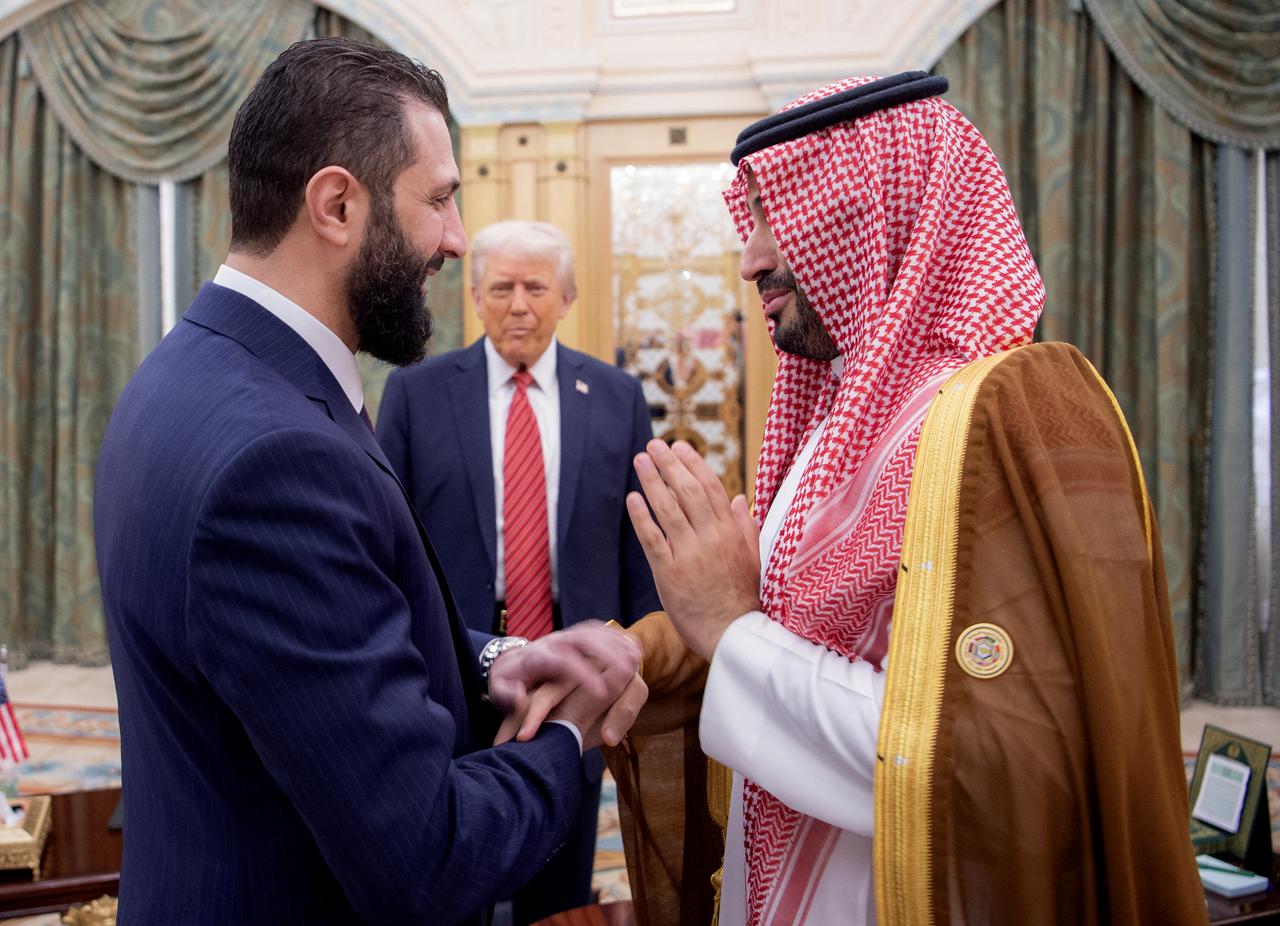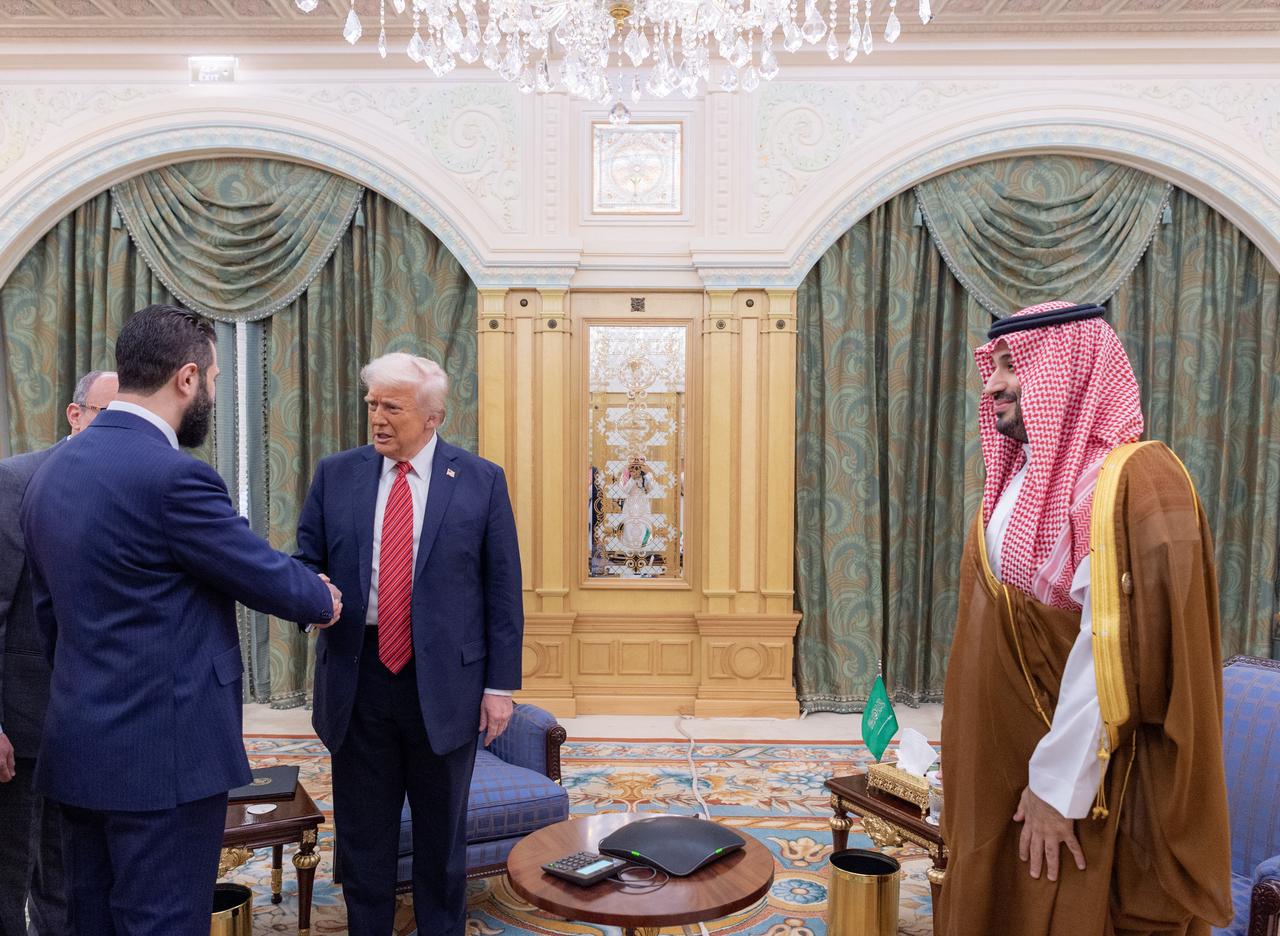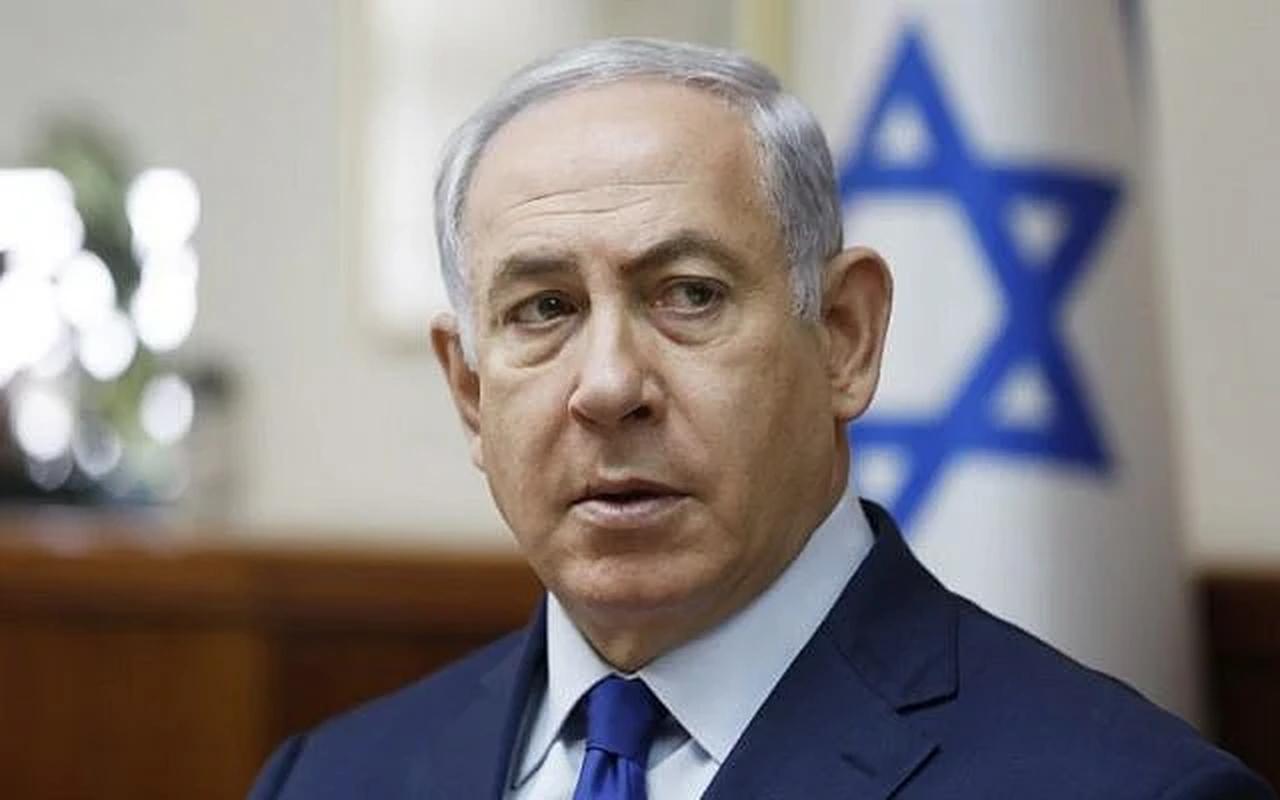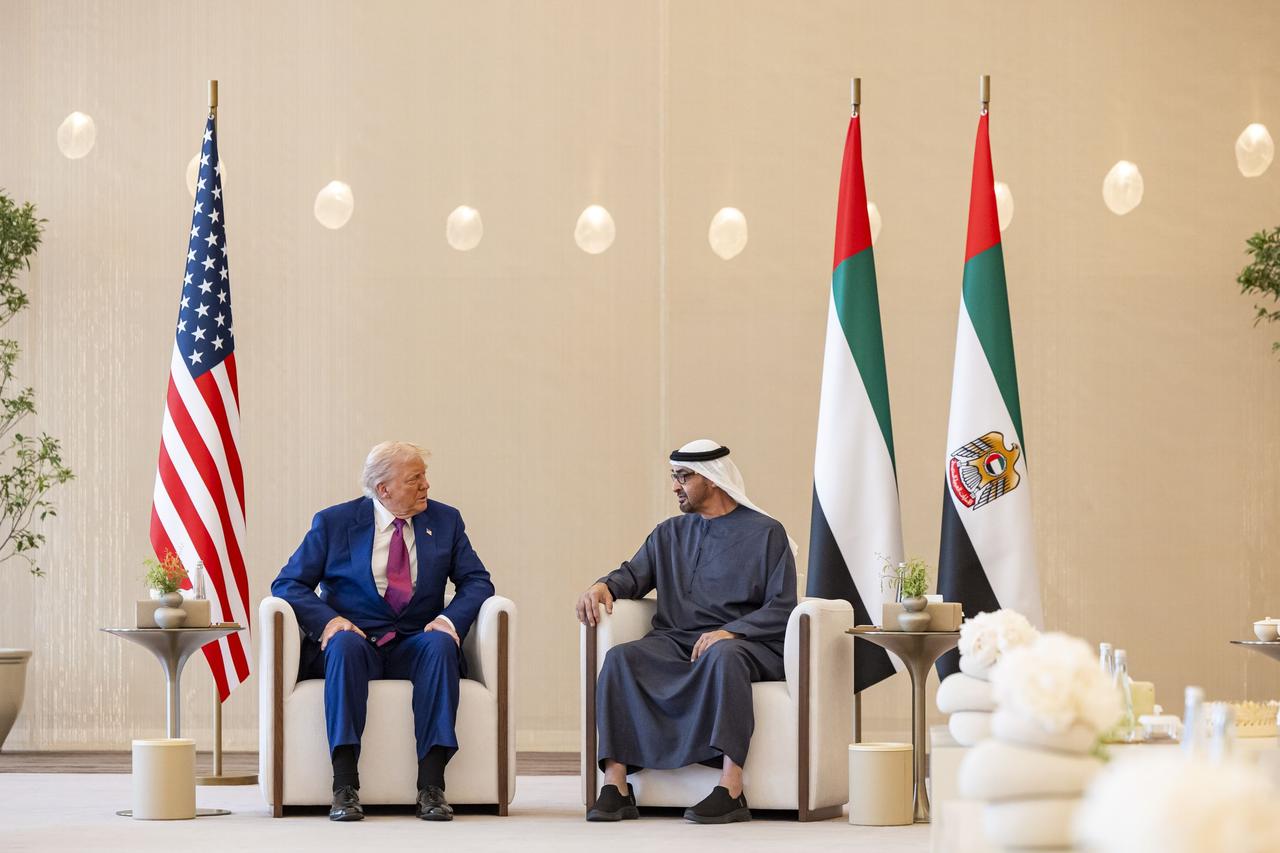
Trump's four-day tour of Gulf nations has dramatically reshaped the Middle East diplomatic landscape, leaving Israel and Prime Minister Benjamin Netanyahu conspicuously marginalized in regional affairs.
The U.S. president's meeting with Syrian leader Ahmed al-Sharaa, whom Israel has labeled "an al-Qaeda terrorist in a suit," particularly highlighted Netanyahu's diminishing influence in Washington.
"He's got the potential. He's a real leader," Trump told reporters after talks with Sharaa on Wednesday in Riyadh—a meeting facilitated by his Saudi hosts, with whom the U.S. president finalized numerous arms, business, and technology agreements.

Israeli newspapers have been vocal about what they perceive as Trump sending Netanyahu a clear message of rejection. Prominent Israeli journalist Ben Caspit wrote on the Walla news site that "Israel has been left out of the Middle East feast."
"The road to Washington now passes through Riyadh, Doha, Abu Dhabi, and Ankara. The road to hell passes through Israel," Caspit stated, highlighting a dramatic shift in regional dynamics that has traditionally placed Israel at the center of U.S. Middle East policy.
Yossi Verter, writing in Haaretz newspaper, interpreted Trump's Middle East visit as sending Netanyahu a blunt message: "You're fired." The article noted that while Netanyahu was appearing in court for his corruption trial in Tel Aviv, Trump was discussing new investments and signing trade and "regional cooperation" agreements with Middle Eastern leaders.
The Jerusalem Post similarly emphasized how Trump, unlike during his first presidency, is no longer Netanyahu's "ally, friend, or puppet."
The paper pointed to several recent U.S. decisions taken despite Israeli objections: reopening nuclear negotiations with Iran, announcing a ceasefire with Yemen's Houthis while Israel continues operations there, and lifting sanctions on Syria.

Trump's visit has cemented a new Sunni-led regional order that diminishes both Iran's influence and Israel's role, according to regional and Western sources.
Saudi Arabia has emerged as the leader of the Sunni Arab world, while Iran's regional power has declined following Israeli military operations against Hamas in Gaza and Hezbollah in Lebanon.
The U.S. president's tour secured massive investment commitments, with the White House estimating more than $2 trillion in deals, including a record $142 billion arms agreement with Saudi Arabia.
These weapons sales have raised concerns in Israel about potentially losing its air superiority in the region.

Netanyahu's isolation began intensifying when he flew to Washington in April seeking Trump's backing for strikes on Iran's nuclear sites, only to discover the U.S. president had opted for diplomatic engagement instead.
Trump's subsequent cease-fire with Yemen's Houthis, rapprochement with Syria's new leadership, and bypassing Israel during his Gulf tour further strained traditionally close relations.
Former Israeli Prime Minister Naftali Bennett captured the alarm felt within Israel's political and security establishments, saying on social media, "The Middle East is undergoing tectonic changes before our eyes, our enemies are getting stronger, and Netanyahu...and his gang are paralyzed, passive, as if they don't exist."
Despite the apparent tensions, the White House National Security Council has emphasized that Trump remains "a friend to Israel" and that the administration continues to work closely with its ally.